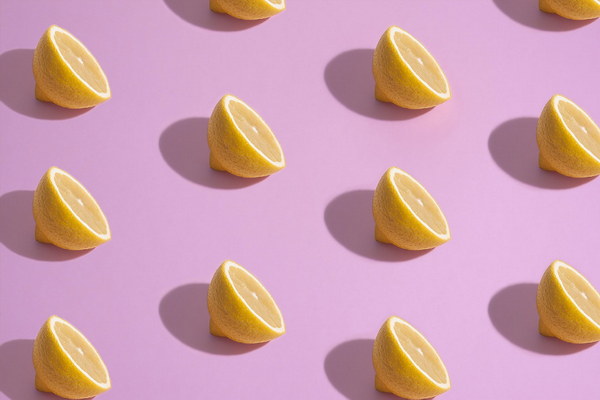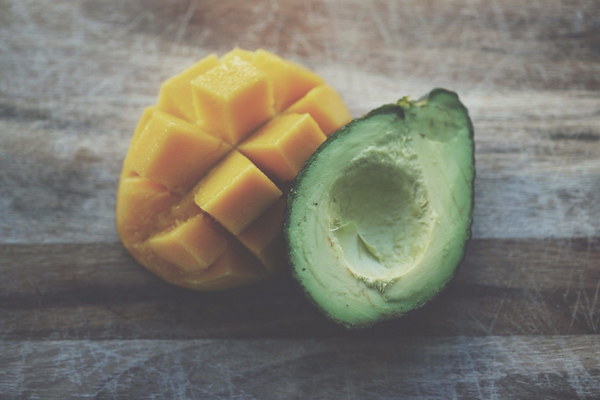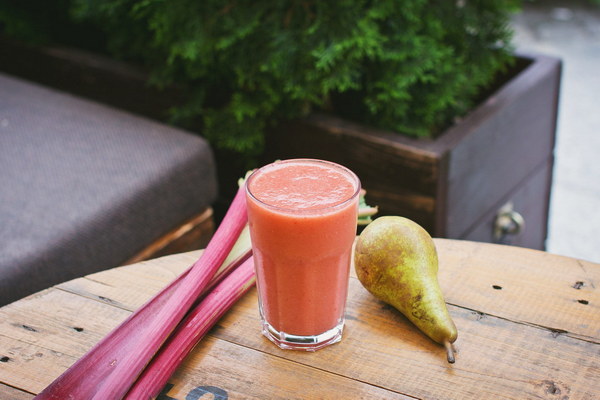What Happens When You Take a Diuretic Pill and Eat Radishes Simultaneously
Introduction:
When it comes to traditional remedies and modern medicine, it's not uncommon for individuals to combine different treatments in an attempt to alleviate various health issues. One such combination involves taking diuretic pills and consuming radishes. But what happens when you eat radishes while on a diuretic regimen? In this article, we will explore the potential interactions and effects of this combination.
1. Understanding Diuretic Pills:
Diuretic pills are commonly used to treat conditions such as hypertension, edema, and certain heart diseases. These medications work by increasing urine production, which helps to remove excess fluid and salt from the body. However, it's important to note that diuretics can also have some side effects, such as dehydration and electrolyte imbalances.
2. Radishes: A Natural Diuretic:
Radishes are a root vegetable known for their crisp texture and peppery flavor. They are also considered a natural diuretic due to their high water content and the presence of certain compounds that promote urine production. This makes radishes a popular choice for those looking to boost their diuretic effects naturally.
3. Potential Interactions:
When combining diuretic pills with radishes, it's essential to consider the potential interactions and effects. Here are some key points to keep in mind:
a. Increased Diuretic Effects: Since both diuretic pills and radishes act as diuretics, consuming them simultaneously may enhance the diuretic effects. This can lead to increased urine production, which might be beneficial for certain conditions but could also result in dehydration if not managed properly.
b. Dehydration: The combination of diuretic pills and radishes can increase the risk of dehydration. It's crucial to drink plenty of water throughout the day to compensate for the increased urine output and maintain proper hydration levels.
c. Electrolyte Imbalances: Diuretic medications can cause electrolyte imbalances, such as low potassium levels. Consuming radishes, which contain potassium, may help counterbalance the effects of diuretic pills to some extent. However, it's important to consult a healthcare professional for personalized advice.

4. Precautions and Recommendations:
While the combination of diuretic pills and radishes may have some potential benefits, it's crucial to consider the following precautions and recommendations:
a. Consult a Healthcare Professional: Before combining diuretic pills with radishes or any other natural remedies, it's important to consult a healthcare professional. They can provide personalized advice based on your specific health condition and any existing medications.
b. Monitor Hydration Levels: Stay well-hydrated by drinking plenty of water throughout the day, especially if you're taking diuretic pills and consuming radishes.
c. Adjust Dosages: In some cases, your healthcare professional may recommend adjusting the dosages of diuretic pills or radishes to optimize their effects and minimize potential side effects.
Conclusion:
The combination of diuretic pills and radishes can potentially enhance diuretic effects, but it also poses risks such as dehydration and electrolyte imbalances. It's crucial to consult a healthcare professional for personalized advice and to monitor hydration levels. By taking appropriate precautions and recommendations, individuals can safely explore the potential benefits of this combination while minimizing potential drawbacks.









